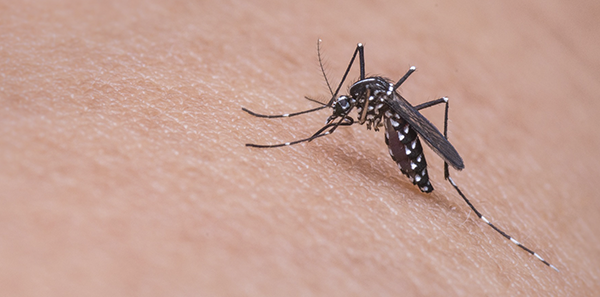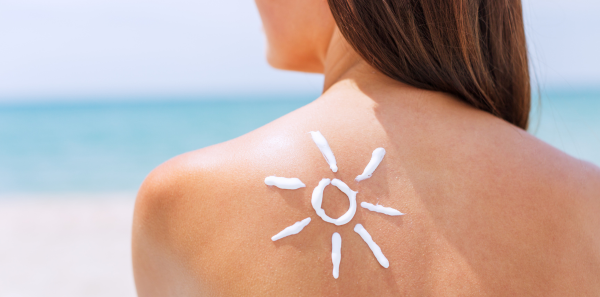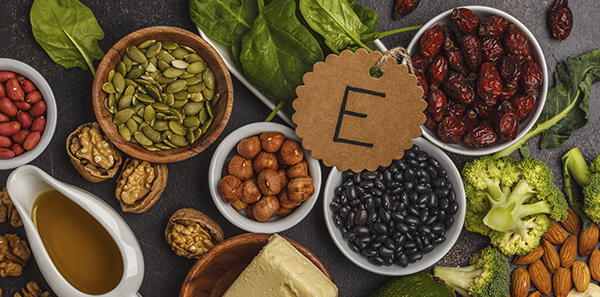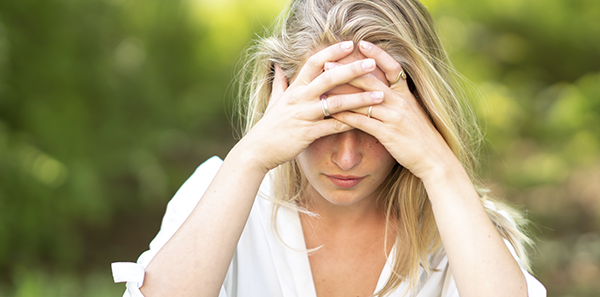
Mosquito bites are the most commonly occurring insect bites in our area and during hot and humid seasons. The bites are produced by female mosquitoes that feed on the proteins of the blood and inoculate their saliva, whose proteins cause the symptoms by triggering a mild reaction of the immune system leading to itching and swelling.
There are specific cases in which certain diseases can be transmitted after the bite of certain mosquitoes or insects, such as malaria, yellow fever or dengue.
What are the symptoms to a reaction from a bite?
Symptoms include immediate burning, pain, itching, redness of the skin, and local oedema or blistering.
Are mosquito bites dangerous?
The vast majority of insect bites are harmless, limiting themselves to producing a series of symptoms due to the toxicity of the infiltrated saliva after the extraction of blood during the bite, that is, local toxic lesions.
In certain cases, it can cause important allergic reactions that can lead to Anaphylactic Shock in people who have been previously sensitized with an alteration of their immune system. The most frequent symptoms are swelling of the mouth and face, difficulty breathing and swallowing, chest or abdominal pain, and vomiting.
Immediate medical treatment is required as it may lead to death.
Tips for treating mosquito bites
- Avoid scratching the area to avoid infection and increase inflammation which would increase the intensity of the symptoms described.
- Wash with cold, abundant water and soap. Then apply cold water packs or ice cubes.
- Initially, medical treatment will consist of an antihistamine or steroid cream and if there are complications, specific treatment, and even a hospital stay, may be required.
How to avoid mosquito bites?
Avoid stagnant water, grass, potted pots and gutters containing residual water.












